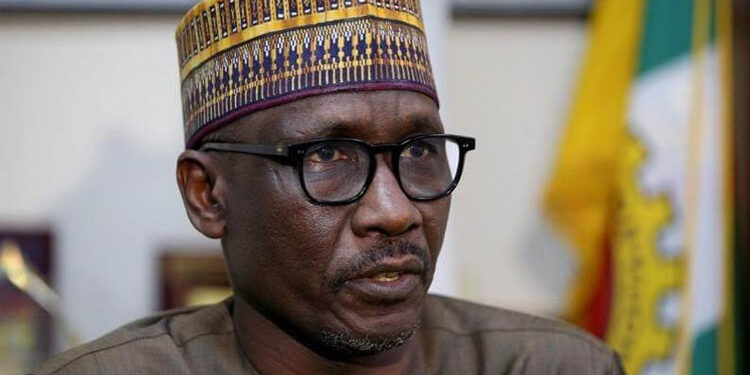The Nigerian National Petroleum Company Limited (NNPC) and Dangote Petroleum Refinery are in the final stages of discussions regarding a crude oil sales agreement that would see NNPC sell crude to Dangote Refinery in naira, with the buy-back of refined petroleum products also conducted in naira.
Devakumar Edwin, Vice President of Oil and Gas at Dangote Industries Limited, revealed during a Nairametrics space session on X (formerly Twitter) that the talks may be concluded as early as next week. The $20 billion refinery, located in Lekki, Lagos, will be purchasing crude oil in local currency and selling refined products back to NNPC under the same terms.
Edwin highlighted that the NNPC requested to oversee the refinery’s operations, especially the production of refined products, since the national oil company would be supplying crude. “NNPC has told us they will have a team of six to 10 people permanently stationed inside our refinery. They even asked for office space to monitor the production and ensure the buy-back of refined products in naira,” he said.
This arrangement follows a prior announcement by the Federal Government, which disclosed that crude oil sales to the Dangote Refinery and other local refineries would commence on October 1, 2024. The Minister of Finance, Wale Edun, confirmed the timeline during a meeting with the Implementation Committee tasked with transitioning to crude sales in naira.
Naira Transactions and Economic Challenges
The shift to naira transactions comes amid Nigeria’s ongoing foreign exchange crisis. Edwin explained that despite internal objections, Dangote Group’s President, Aliko Dangote, agreed to the naira transaction model, citing the country’s urgent need for foreign exchange relief.
“When it came to petrol, we told the Presidency that if we continued importing crude, our production costs would be high, despite the high quality of our products,” Edwin explained. “We initially insisted on selling in dollars as a free zone company, but given the country’s acute dollar shortage, we agreed to trade in naira. Although we know we will take a loss due to currency depreciation, Alhaji Dangote was willing to take that risk in the national interest.”
Marketers Boycott Dangote Refinery
Edwin also revealed that petroleum marketers had lodged complaints with President Bola Tinubu, citing that the refinery’s low-priced diesel was hurting their businesses. The refinery has reduced the price of diesel from N1,200 to N900 per litre, leading to resistance from importers and local marketers. Over 95% of these marketers, he said, continue to boycott the Dangote Refinery, forcing the plant to export most of its diesel and aviation fuel.
Despite the local market’s resistance, Edwin maintained that the refinery can meet Nigeria’s domestic petrol demand, with 44% of its production capacity dedicated to this purpose. However, he lamented that the refinery’s diesel output has struggled to gain traction in the local market.
“We are capable of loading 2,900 tankers daily, but no one is coming,” Edwin said. “They (the marketers) wrote to the President, complaining that our competitive diesel prices are disturbing their business, but we are committed to supporting the country’s energy needs.”
This development underscores the challenges facing Nigeria’s energy sector as it grapples with foreign exchange shortages, rising costs, and market dynamics.
























